Our Educational Vision
A great education is so much more than a set of impressive academic grades. Our pupils are growing up in a rapidly changing world, where jobs of the future may be unrecognisable from the jobs of today. Requirements for skills and attributes will reach far beyond the traditional boundaries of school curricula, so a future-focused education is fundamental. To flourish, our students need to be adaptable and agile learners with a wide range of relevant skills and abilities that allow them to thrive in times of uncertainty or change.
Lingfield College aims to embrace this reality through our Educational Vision, which sets out an evolving learning framework, shared by our community of students, staff and parents. This establishes a collective language and understanding of our broader purpose and educational goals by focusing on the development of skills, attributes and mindsets, preparing our students for the experiences, joys and challenges they are likely to encounter in the wider world.
The Educational Vision has been distilled into a non-exclusive set of twelve competencies that we believe are important for learners to develop and refine through their time at school. The opportunities for growth are woven through our innovative academic curriculum, pastoral care, co-curricular learning experiences and enrichment opportunities. Whilst each child will have an individual learning pathway towards a unique future, their success is our shared goal.
When students leave us as young adults, they should be curious, resilient, and undaunted by advances in technology, as they stride confidently into their future with purpose, determination and a clear sense of their place in the world.
Compassion: Caring about others
 Compassionate pupils reflect on, and appreciate the needs of, the world. They understand their own place in the global community and make sensible choices when using the world’s resources to minimise the negative impacts on others. They value the sense of community that comes from being a pupil at Lingfield College and support other members of our school community through kindness, positive friendships and peer mentoring. A Lingfield College pupil appreciates the benefits that they gain from their education and looks to give something back to society in recognition of the opportunities that they have experienced.
Compassionate pupils reflect on, and appreciate the needs of, the world. They understand their own place in the global community and make sensible choices when using the world’s resources to minimise the negative impacts on others. They value the sense of community that comes from being a pupil at Lingfield College and support other members of our school community through kindness, positive friendships and peer mentoring. A Lingfield College pupil appreciates the benefits that they gain from their education and looks to give something back to society in recognition of the opportunities that they have experienced.
Resilience: Not giving up
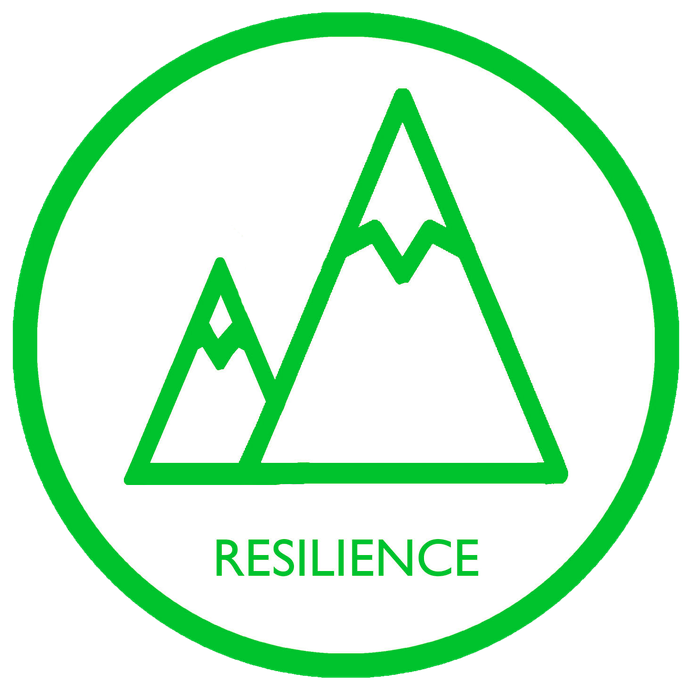
Resilience is often acknowledged to involve a number of different elements. Resilient pupils demonstrate a sense of self-esteem and confidence in their own abilities. They acknowledge their own potential to succeed in a given situation and are often prepared to adapt and change their actions and ideas in order to ensure their success. Resilient pupils are able to ‘bounce back’ when faced with potential failure and ‘regroup’ so as to view setbacks as new opportunities.
Self Direction: Learning on your own

Self-directed students are able to take control of their own learning and their own lives as they grow in experience and maturity. They work at developing their concentration and organisation and actively target the study techniques that work best for them. They reflect on the way that they live and make good choices in relation to their physical well-being, their mental health and their conduct.
Integrity: Making the right choices

Pupils who demonstrate integrity are unafraid to stand up for what they believe to be right even when those around them hold different opinions. In our view, pupils with true integrity will also acknowledge when their beliefs have been misinformed, and alter them accordingly. They exhibit a sense of social justice and a belief that the needs of others are important. Pupils with integrity respect the beliefs and opinions of others even when they are different to their own, accept that they may be equally valid, and benefit from that diversity.
Critical Thinking: Analysing and evaluation
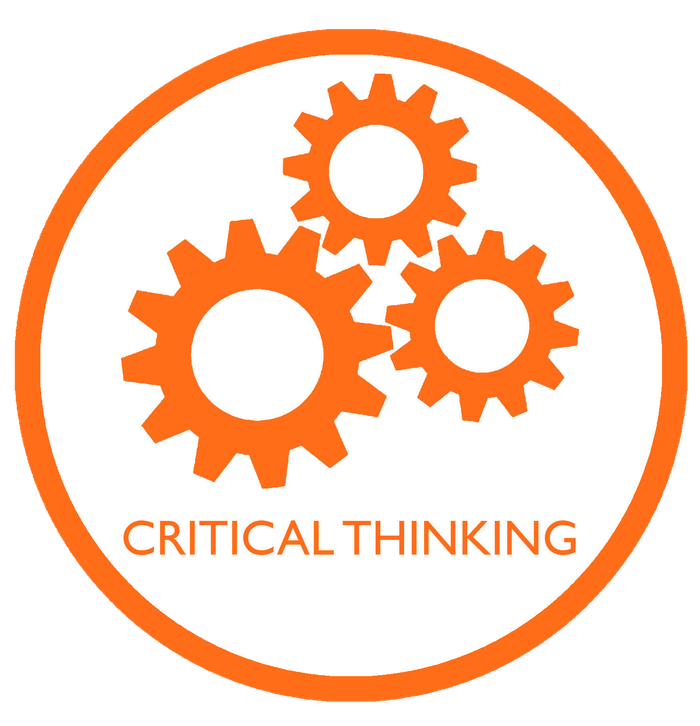
Pupils who show strong critical thinking skills are able to identify bias, synthesise opinions and back up their own arguments using appropriate evidence in order to hold an informed position. They can objectively analyse and evaluate a source whether oral, printed or digital to make a decision about the value of its content.
Philosophical Thinking: Asking thoughtful questions
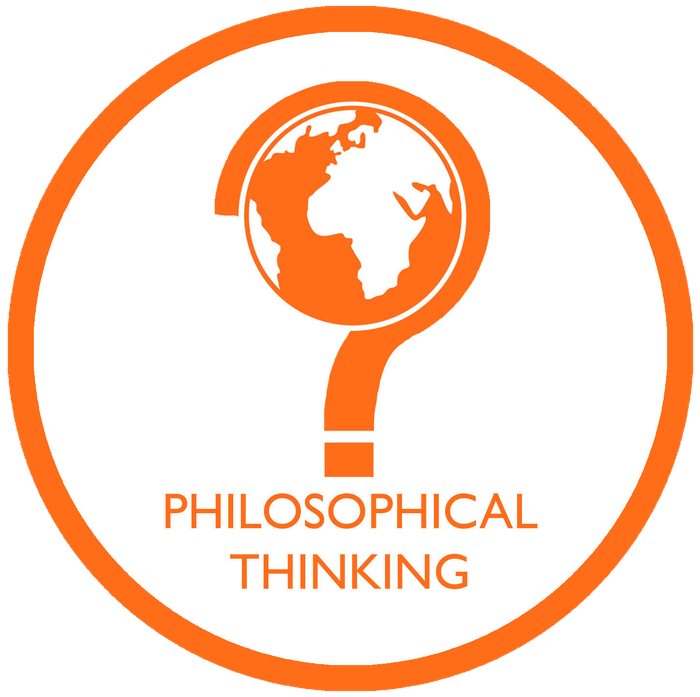
Pupils who engage in philosophical thinking are able to consider what a flourishing individual and communal life might look like, and apply the necessary intellectual tools to work towards it. They are unafraid to discuss challenging concepts and to question received ideas, whilst appreciating the views of others. They are effective when working with people whose worldview may be radically different to their own, even when that difference is not immediately obvious.
Communication: Sharing information with others

Pupils who demonstrate excellent communication skills are able to both record and express their ideas in an impressive and cogent way. They are able to listen effectively to the views of others and are confident public speakers. Good communicators are able to adapt their message to make it relevant to their audience.
Digital Literacy: Use technology confidently
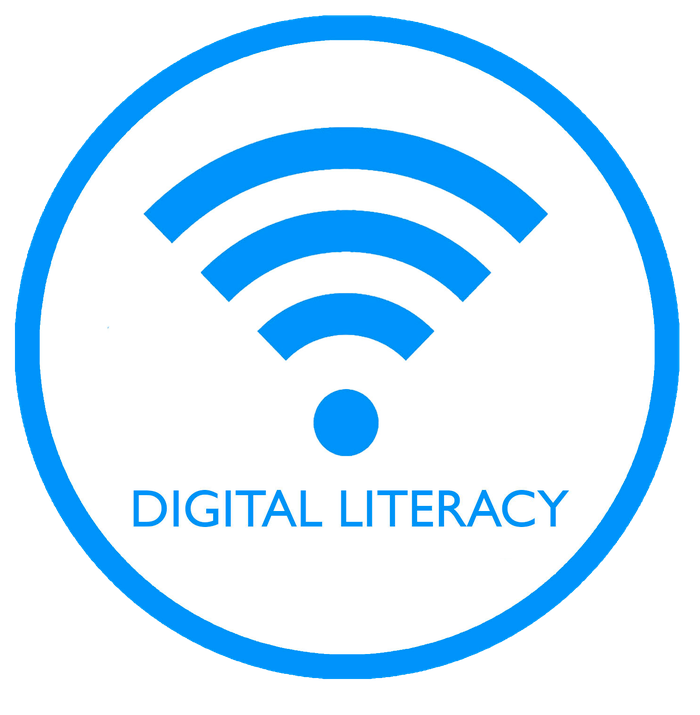
A digitally literate pupil is a pupil who is confident to use technology. They are not intimidated by new technological advances even when faced with something totally unfamiliar. They understand how to communicate with others across a wide range of media and are able to interrogate information from a variety of sources to ensure its reliability and coherence.
Collaboration: Working well together

Collaborative pupils work effectively with each other to solve problems and create new knowledge. They have the skills to reason with each other and reach a consensus even when they hold strong opinions of their own. They appreciate the skills of others, celebrate diversity, and identify ways to work together which utilise the team’s strengths.
Intellectual Curiosity: Wanting to know more
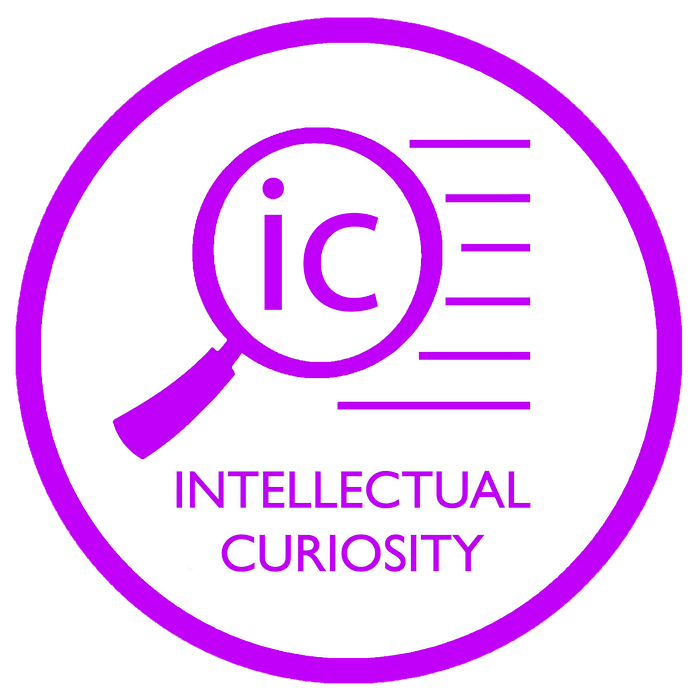
Intellectually curious pupils are pupils who appreciate the benefits of exploring areas of knowledge with which they have previously been unfamiliar. They do not wait for their teachers to tell them the answers but instead will find a reward in discovering the answers for themselves. They go beyond the minimum requirement of their course by questioning, exploring, experimenting and researching.
Creativity: Exploring new ideas
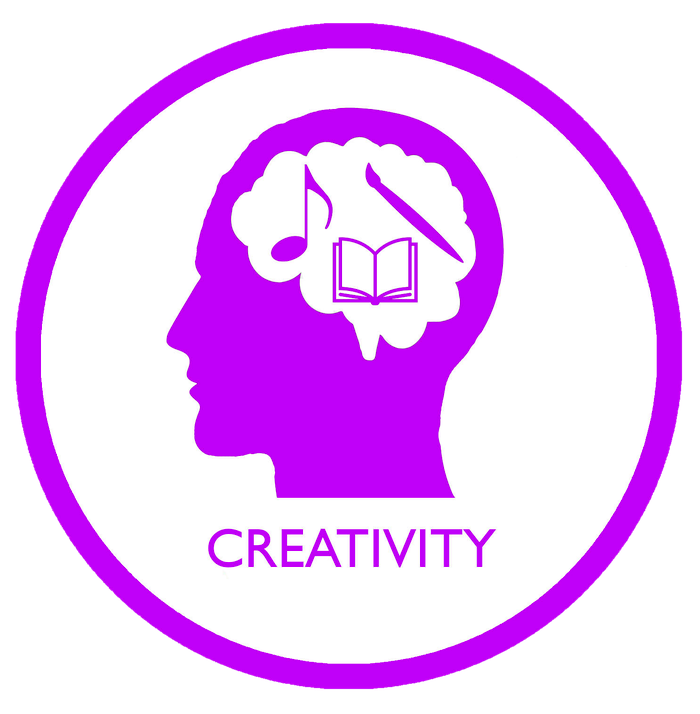
Creative pupils use their imagination and skills of visualisation and intuition to make connections and to come up with new ideas. They are pupils who can challenge the status quo and think ‘outside the box’. A creative pupil will not simply adopt the views and ideas of others. Instead, they will experiment with new concepts, new knowledge and new technologies and reframe the world in a way that is appropriate for their own generation.
Problem Solving: Searching for solutions
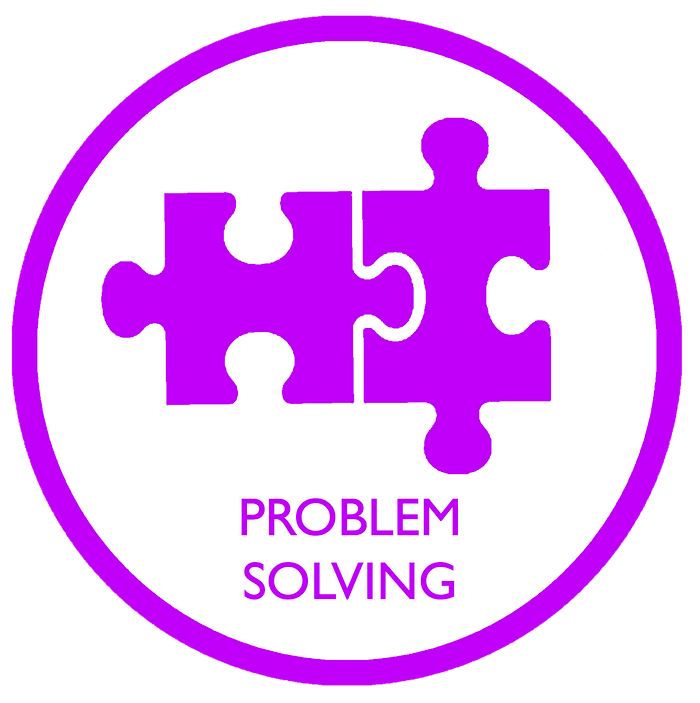
Problem-solving is a key skill required of all proactive learners. Pupils will be able to think analytically and creatively about the problems they face, identify key issues, and offer solutions that may go beyond the obvious. They will have the tenacity to persist even when they struggle to find an answer, and they will be reflective when considering the views and opinions of others in order to reach a suitable resolution

